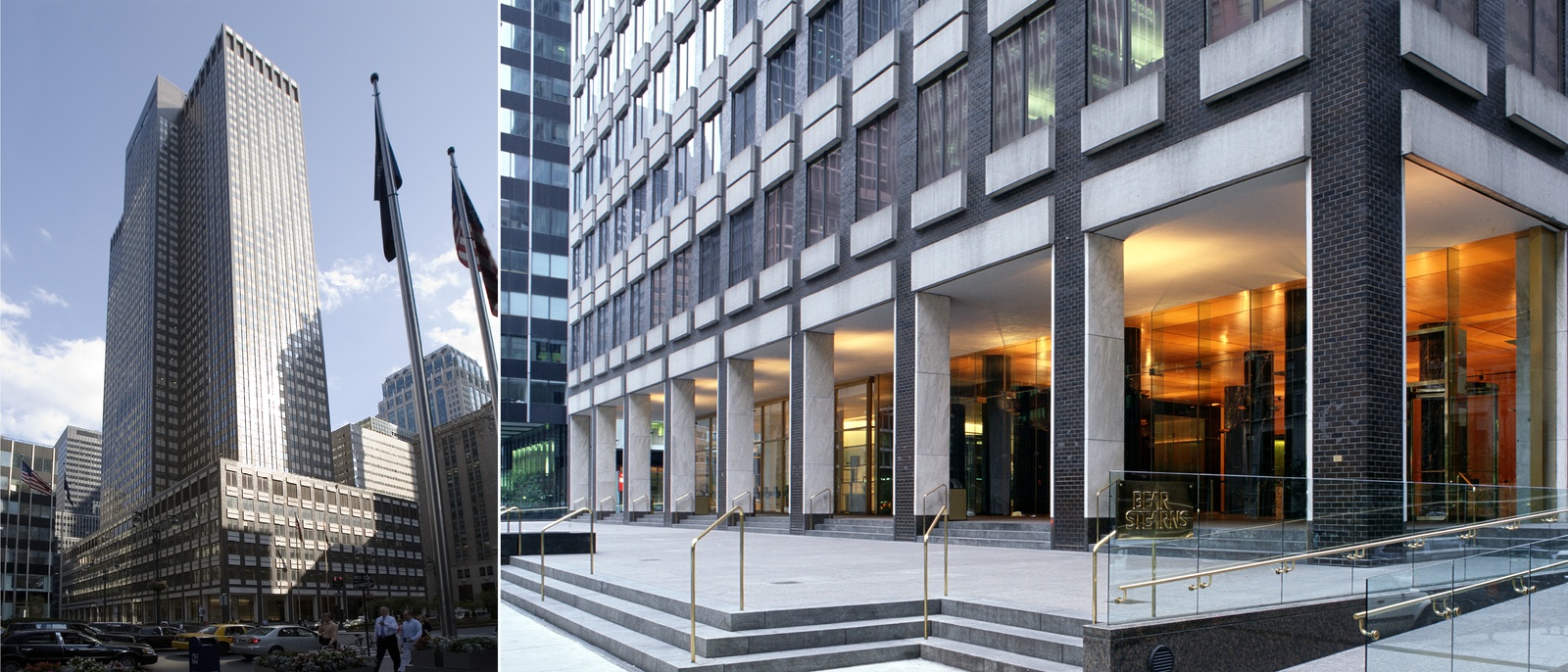China's HNA Group is on a worldwide shopping spree and showing no signs that its cart is filled.
What began as a small aviation company has grown into a conglomerate with some $100 billion worth of assets under control—a number that continues to escalate and involve multiple and stratified businesses and assets, many of which are outside Asia Pacific.
HNA's recent streak is a clear sign that Chinese companies are reaching out beyond their borders for yield and longterm returns. Look no further than China National Chemical Corp.’s planned $43-billion takeover of Swiss seed giant Syngenta AG as evidence.
HNA comes from a tourism background, perhaps a reason why many of its recent acquisitions have been in the hospitality space. Last year alone saw HNA make some rather large, resounding investments. First and foremost its 25-percent stake buy of Hilton from Blackstone Group, an investment that Adam Tan, vice chairman and CEO of HNA Group, referred to as "consistent with our strategy to enhance our global tourism business."
Prior to its investment in Hilton, HNA acquired Carlson Hotels, and subsequently tapped Federico Gonzalez Tejera, the former CEO of Spain's NH Hotel Group to lead the company, replacing then CEO David Berg. HNA choosing Tejera to run Carlson is not by chance: HNA owns 30 percent of NH, which has been embroiled in shareholder strife over what some have perceived as a conflict of interest over HNA owning Carlson. When Tejera was ousted at NH, HNA called the move "reckless" and "punitive."
Beyond Hilton, Carlson and NH, HNA also owns 15 percent of Red Lion Hotels Corp., and before that made an ultimately ill-fated play for Amanresorts.
The next hurdle facing HNA in the hospitality space is the direction of Rezidor Hotel Group, which Carlson had a 51-percent stake in at the time it was acquired by HNA. Swedish takeover law requires HNA to launch a mandatory tender offer to buy the remaining Rezidor shares—a move it made for SEK 34.86 cash per share. Rezidor will hold its first-quarter earnings call on April 28, when more light will certainly be made about the situation.
Beyond Hospitality
Like any true conglomerate, HNA is diversifying its portfolio. Earlier this month, HNA—mostly through debt—agreed to acquire 245 Park Avenue in Manhattan, for $2.2 billion, or around $1,220 per square foot. To get the deal done, HNA received a $1.75-billion loan from a basket of lenders, including JPMorgan Chase and Deutsche Bank. The office building reportedly currently has 10 tenants, including Major League Baseball and Societe Generale, which was also named as a lender. One reason given for such a large loan amount is that HNA, like other Chinese companies, can encounter obstacles getting cash out of the country.

Beyond 245 Park, HNA has made other big plays this month. According to The Wall Street Journal, it made an offer to buy all the shares of Singapore-listed logistics and warehousing firm CWT Ltd., and also made offers on state-owned German bank HSH Nordbank AG.
HNA's activity shows that it's more than a one-trick pony. As Sean Hennessey, CEO of New York-based Lodging Advisors, put it, there are two fundamental drivers at play that help explain HNA's activities.
"First, HNA is, in a sense, a metaphor for the ascendancy of China as a global economic powerhouse," he said. The firm's stated ambition is to be one of the world's largest companies in a decade; this ambition is fully supported by the country's growing population and economic might. Even with slower GDP growth than it had in the early 2000's, China is on a course to be a major world force for decades if not centuries."
In Hennessey's estimation, HNA, through its diversification, is positioning itself as a conglomerate many seemingly disparate businesses. "I see the company's investments in office properties, technology companies, etc. as the natural diversification of a firm intent on being the next General Electric," Hennessey said. He may not be too far off. According to a recent article in The Economist, Chen Feng, the founder of HNA, trains his employees in Six Sigma, a management method preached by the likes of former GE head Jack Welch that is a disciplined, data-driven approach and methodology for eliminating defects and reducing the probability that an error or defect will occur.
In regard to its further inroads in hospitality, Hennessey not only sees it as good for HNA, but for the companies—like Hilton, like Carlson—that HNA now has stakes in.
"All hotel companies recognize the path to future growth is through Asia, so who better than an Asian firm to stake out a leadership position in the industry?" he said. "I fully expect HNA's hospitality investments to grow, probably through blockbuster corporate deals rather than single-asset transactions."
In July 2016, HNA Group was listed as the 353th company on the Fortune Global 500. Effective April 10, former Barclays executive Patrick Kwan became HNA Group's chief investment officer, responsible for managing the company’s investment projects and related financing activities.
